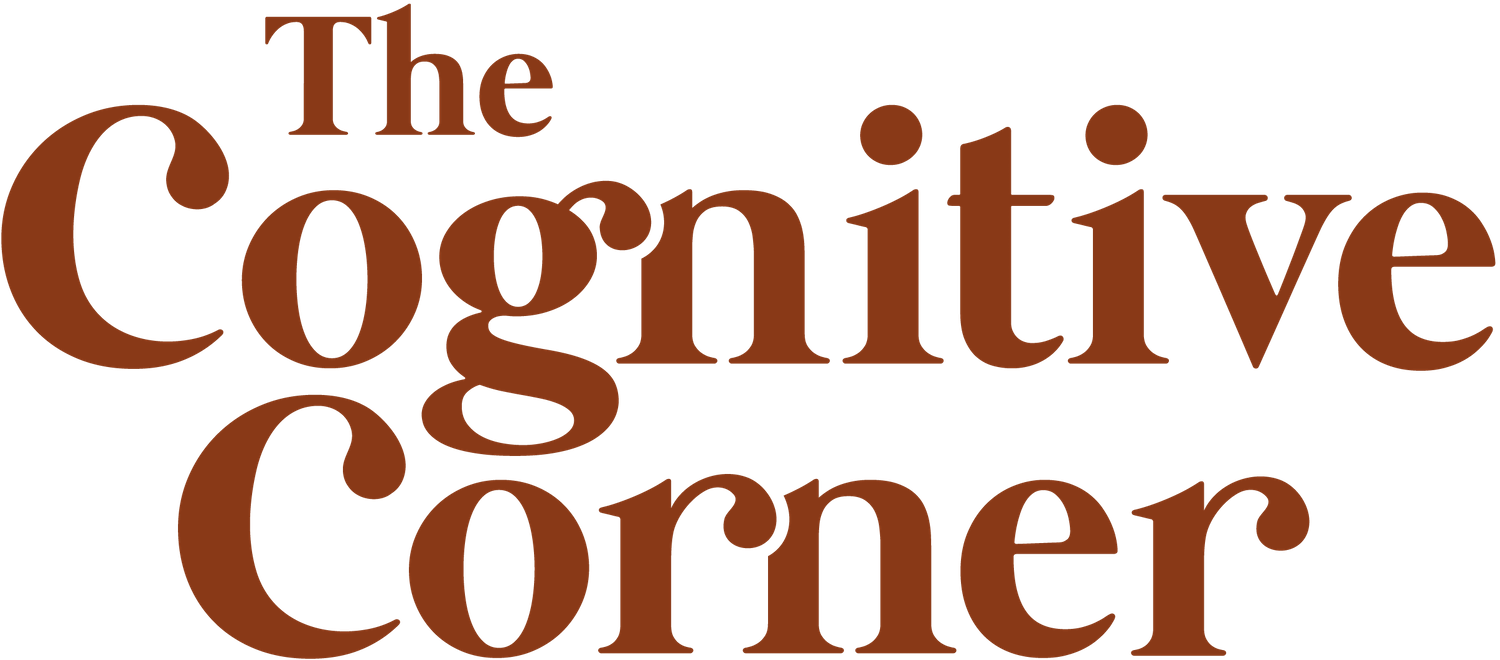The Power of Emotional Intelligence: How it Can Help You Thrive
With the rise of social media and the constant sharing of new pieces of information, you may have heard people mentioning emotional intelligence – but what is it exactly? Keep reading and we’ll discuss what it is, the key pillars, why it is so important, and more!
What is Emotional Intelligence?
Emotional intelligence (EI), also known as emotional quotient (EQ), is the ability to manage your emotions and understand and empathize with the emotions of others. The term EQ is commonly used to draw a parallel with IQ (intelligence quotient), highlighting its importance as a measurable and impactful skill.
While important, it is not just about awareness of your own emotions; it’s also about being aware of the impact of our emotions, especially how they may impact others.
Key Pillars of Emotional Intelligence
Emotional intelligence can be better understood by discussing some key elements. According to research highlighted by the Harvard Business Review, emotional intelligence is comprised of four main pillars:
Self-Awareness: Recognizing your emotions and understanding their impact.
Self-Management: Controlling impulsive feelings and behaviors, managing stress, and staying adaptable.
Social Awareness: Picking up on social cues, empathizing with others, and understanding group dynamics.
Relationship Management: Maintaining healthy relationships through clear communication, conflict resolution, and effective teamwork.
These pillars create a foundation for emotional health and can assist us in our daily interactions. They can also serve as a tool for reflection – if there are specific aspects that you need to develop—whether it’s adaptability or empathy—you are able to craft a more targeted approach to strengthening your emotional intelligence.
High vs. Low Emotional Intelligence
To put this in perspective, let’s provide some examples of what high or low emotional intelligence is. In this case, high can be conceptualized as someone well-versed in each pillar outlined above.
People with high EQ can often identify the emotions they’re experiencing, adjust their behaviour and responses accordingly, navigate social conflict more easily, and work to maintain positive relationships.
In contrast, individuals with low EQ may be more prone to impulsive responses and behaviours, find it difficult to clearly communicate how they feel, and find it difficult to adapt to the behaviour of others.
When it is high, it is more likely to result in empathy and effective communication, while lower can contribute to miscommunication or misunderstandings.
Why is Emotional Intelligence so important?
EI is an essential skill across different areas of life, from work to personal relationships. In the workplace, high EI can help you to collaborate effectively, lead with empathy, and navigate feedback and conflict, overall, creating a positive and productive environment. In school, it can assist you with managing stress, working well in groups, and building resilience, ultimately supporting your academic and personal growth. For relationships and well-being, it is crucial; it equips you to communicate openly, handle conflicts with understanding, and build trust, contributing to overall emotional health and happiness.
Conclusion
As with any healthy practice, developing emotional intelligence is an ongoing journey and may take time. But, by becoming more aware of our emotions and learning to respond thoughtfully, we’re better able to maintain relationships, enhance our productivity, and build a resilient foundation to support our well-being.
Start today by observing your reactions, practicing empathy, and fostering open communication!
If you need any assistance as you reflect, or have questions, a therapist can be a great resource.
Book a free 15-minute consultation with one of TCC’s available practitioners.
References
Emotional Intelligence Has 12 Elements. Which Do You Need to Work On? (2017, February 6). Harvard Business Review. https://hbr.org/2017/02/emotional-intelligence-has-12-elements-which-do-you-need-to-work-on
What is emotional intelligence and how does it apply to the workplace? (2024). Mental Health America. https://mhanational.org/what-emotional-intelligence-and-how-does-it-apply-workplace#:~:text=Emotional%20Intelligence%20(EI)%20is%20the,%2C%20empathy%2C%20and%20social%20skills.
Shenandoah Chefalo. (2023, January 17). The Four Pillars of Emotional Intelligence. PACEsConnection. https://www.pacesconnection.com/blog/the-four-pillars-of-emotional-intelligence


